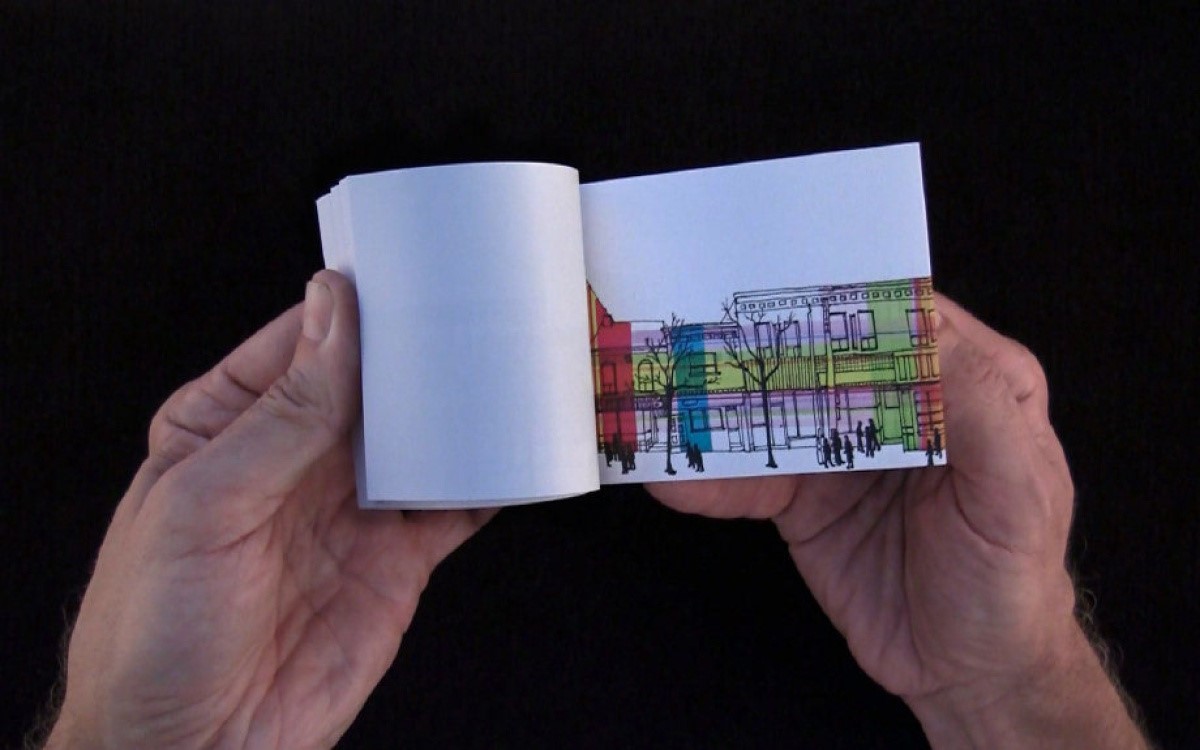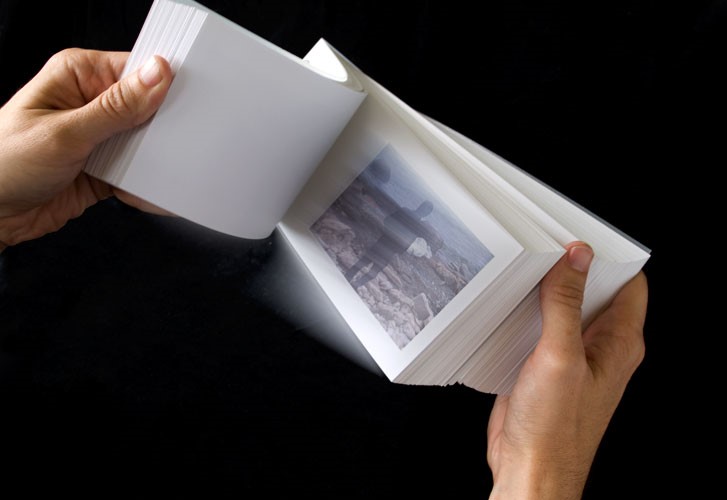The motion picture industry came into being in the 1890s, and the technology of making movies has changed dramatically since then.
In the late 1920s, movies began to have sound, and movies in color eventually became the norm. However, animation in movies is nearly as old as the movie industry, and fully animated films are as successful as live action films.
Although animation often involves advanced technology and high-end computers, an easy way to make an animated movie is to make a flipbook. A flipbook presents a series of pictures in rapid succession so that an audience perceives moving images.

Below is a brief overview on the different kinds of flipbooks still in common usage in the field.
The Basic Flipbook
In its most primitive form, a flipbook is an actual book, and each page is a static image. The reader flips through all of the pages at an even pace, resulting in a short animated movie.
The flipbook in the video above shows Michael Jackson performing. The creator uses hundreds of sheets and flips them in rapid succession to create the illusion of motion. Want to give it a whirl yourself? As you can imagine, it’s not overly technical but does take time, and there are a few tips to bear in mind to ensure it’s not time wasted. Here is a brief video on how to create a flipbook with just a pen and sticky notes:
Alternative Flipbooks
Not all flipbooks are literal books! In the video below, the creator manipulates paper sheets of various sizes to depict a runner practicing parkour in a cityscape. This form of flipbook borders on performance art given that extreme skill is required in flipping the sheets in the correct sequence:
Another great example of innovative flipbook-style design can be seen in this clip, involving a “human flipbook” using static images of 150 t-shirts:
Photograph Flipbooks
Although the most common flipbook image is a pen or pencil sketch, photographs can be arranged in sequence to depict motion. In this short video, the creator takes a series of photographs, uploads them to a flipbook computer program, and then prints out a flipbook ready for viewing:
A variety of programs can even turn a series of digital photographs into an online flipbook.
Video Flipbooks
Another source of images for flipbooks is video. For example, a video clip of a wedding can be turned into a flipbook as a memento or coffee table book. Making such flipbooks requires a computer and is more complex than making a basic flipbook, but it yields high-quality, professional-looking flipbooks. Online companies such as FlipClips.com allow users to upload a video and design a flipbook in various sizes; the company then prints the flipbooks and ships them to the customer.
Mechanical Flipbooks
The basic flipbook relies on the reader to hold the flipbook and flip through the images manually. However, a mutoscope is a mechanical flipbook, in which the viewer looks through a lens while turning a crank; the crank turns a cylinder to which images are attached. The result is a short movie. Not surprisingly, mutoscopes were mainly used for peep shows.
Although one can use a computer to make a flipbook, it’s probably best to start with a basic paper flipbook, especially until you find your feet with frame-by-frame animation. Begin with a stick figure moving from one side to another. Gradually add in other objects. Eventually, you can draw more sophisticated images, progress to different kinds of flipbooks, and end up with a real work of art.

All you need is a pen or pencil and a pad of sticky notes, and it’ll stand you in pretty good stead for learning more advanced animation techniques (even in the digital realm).